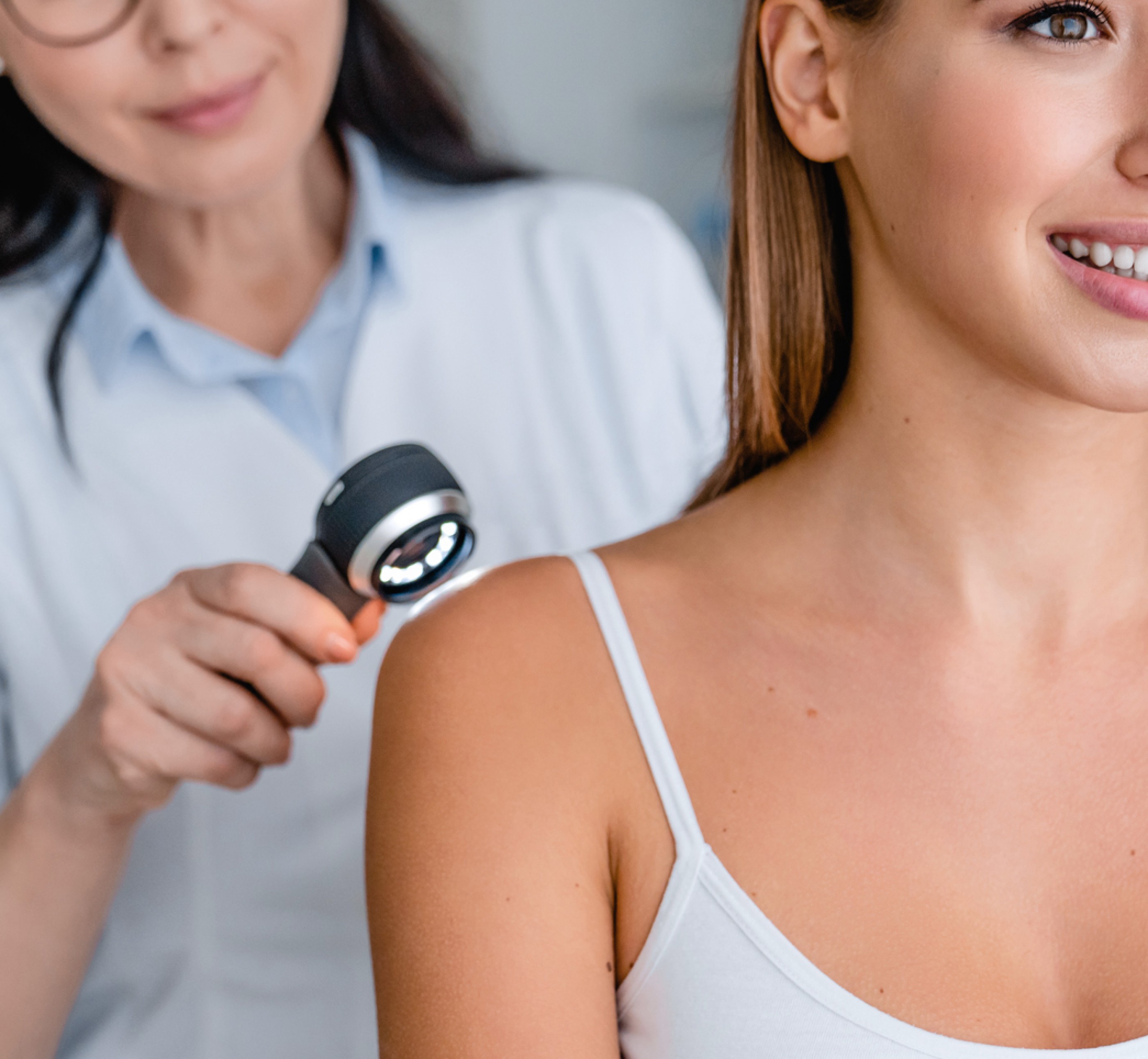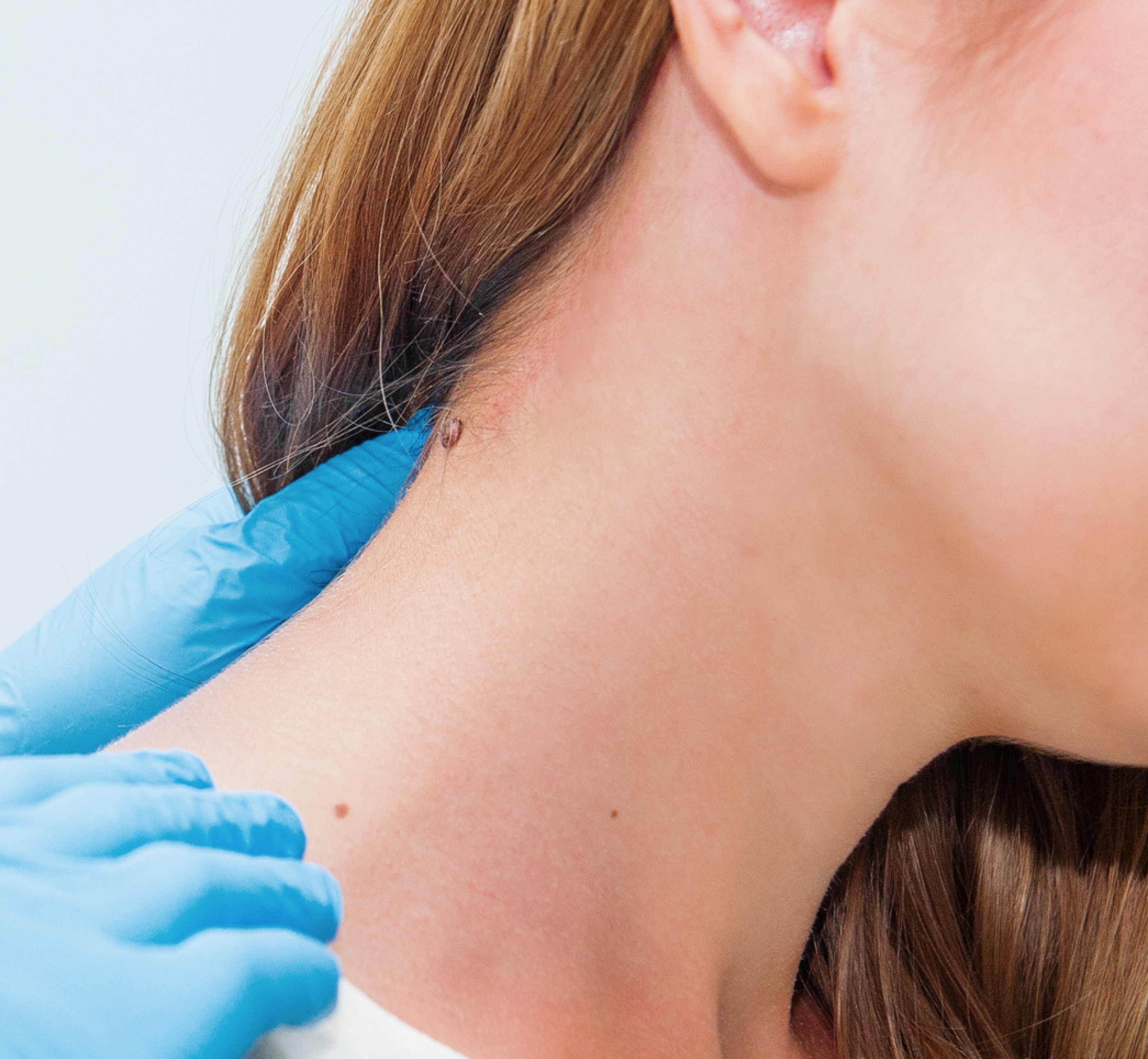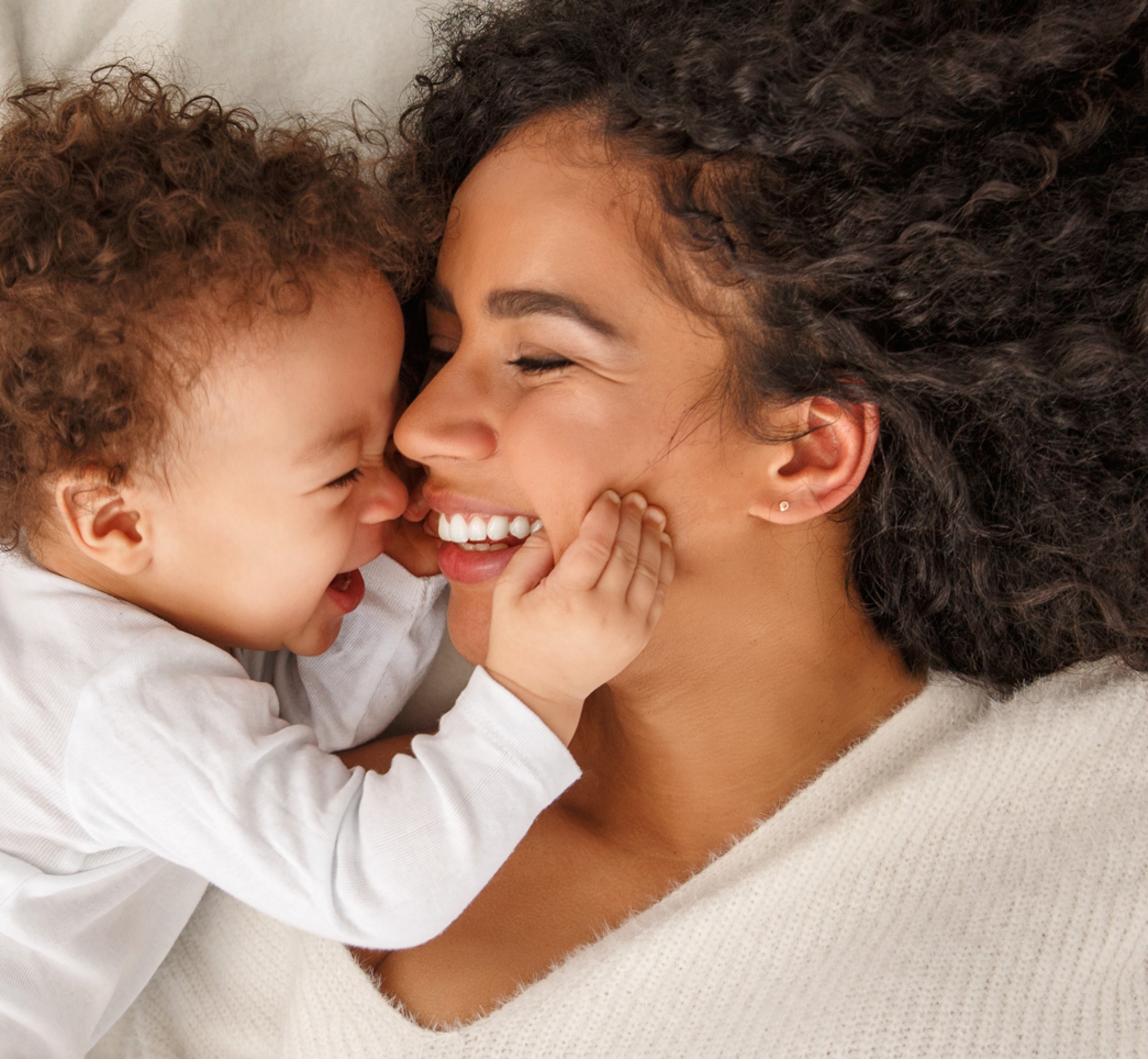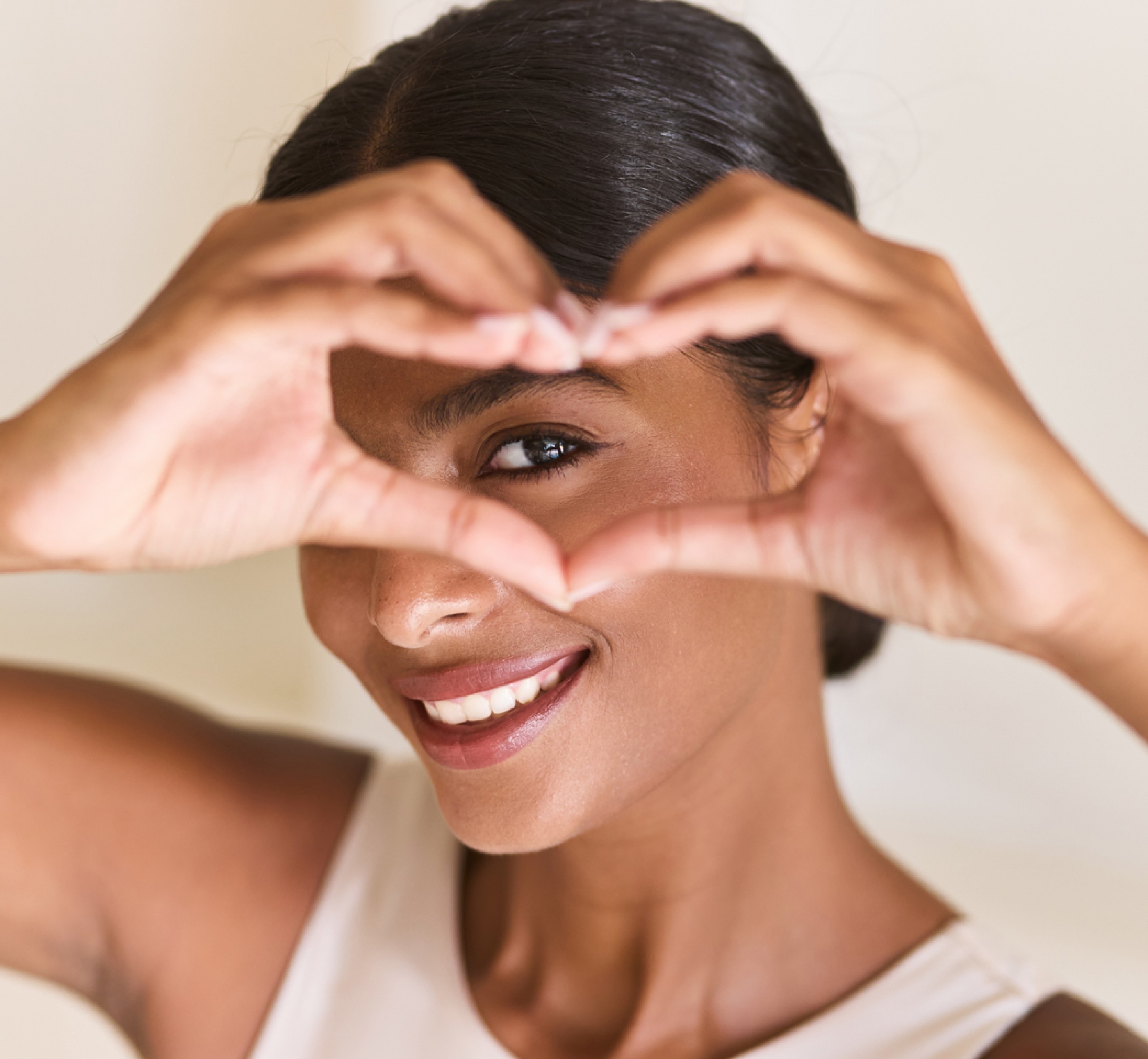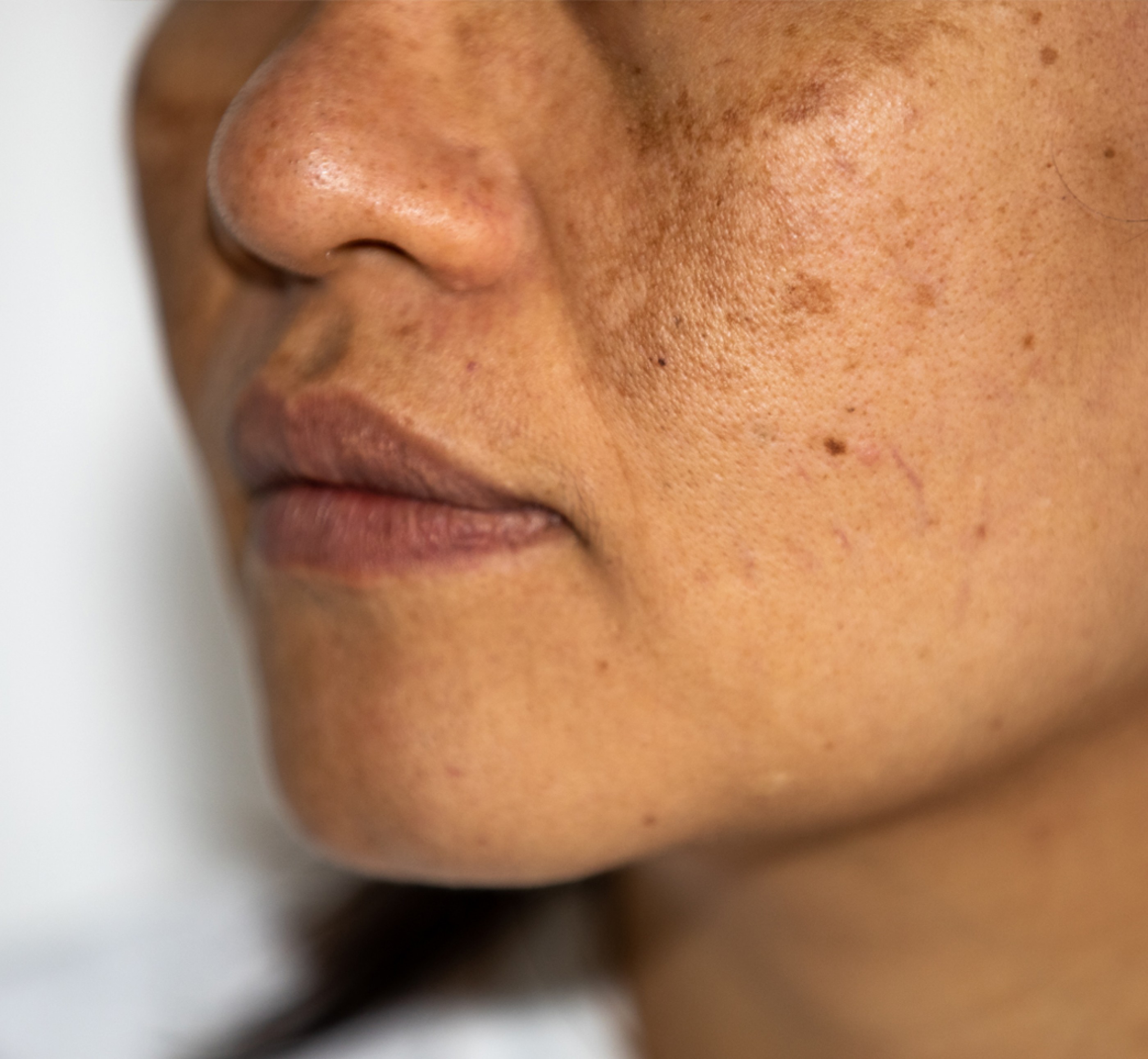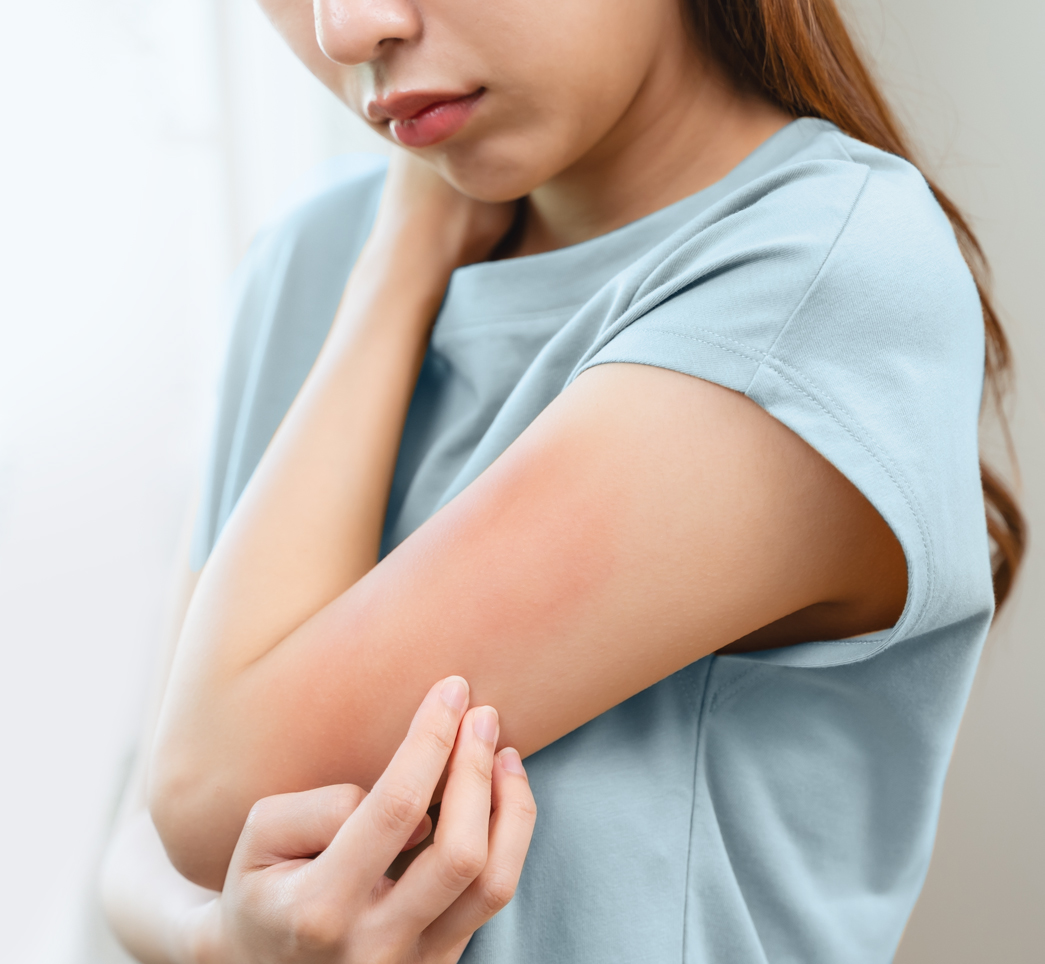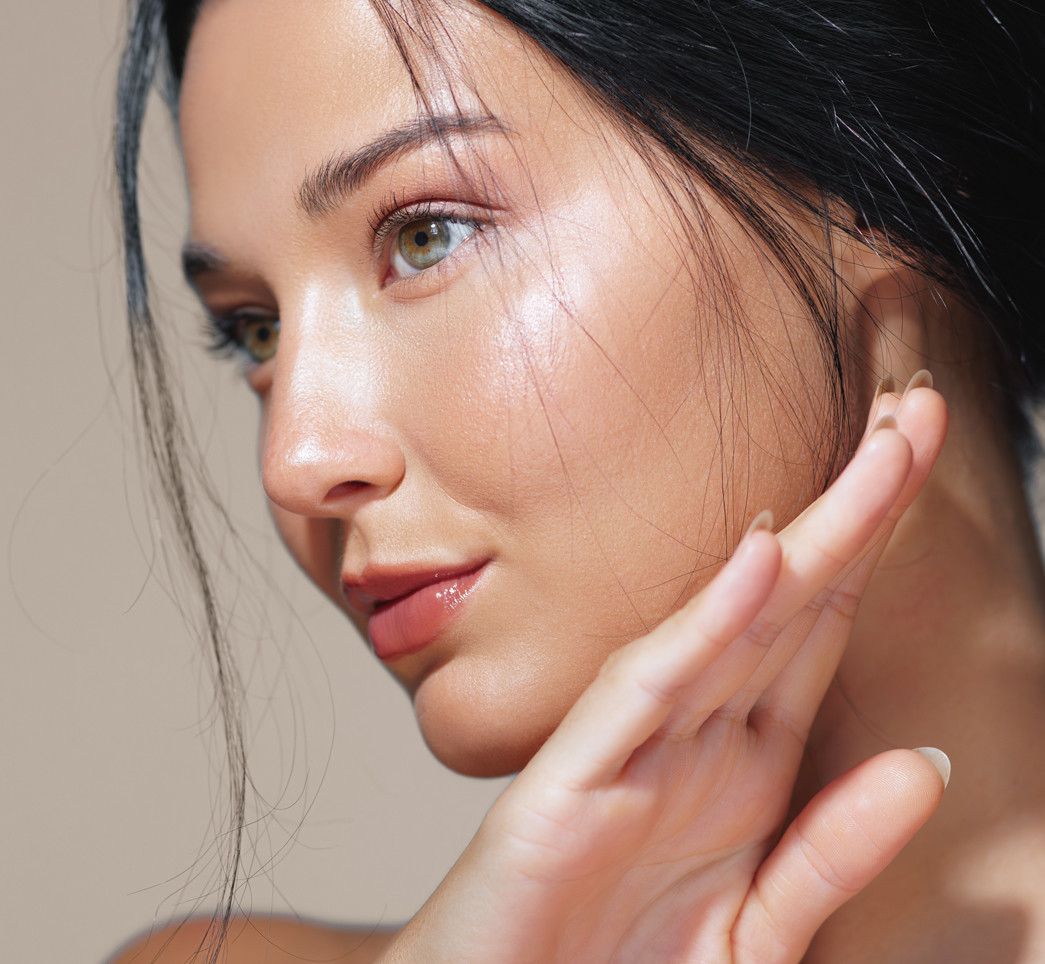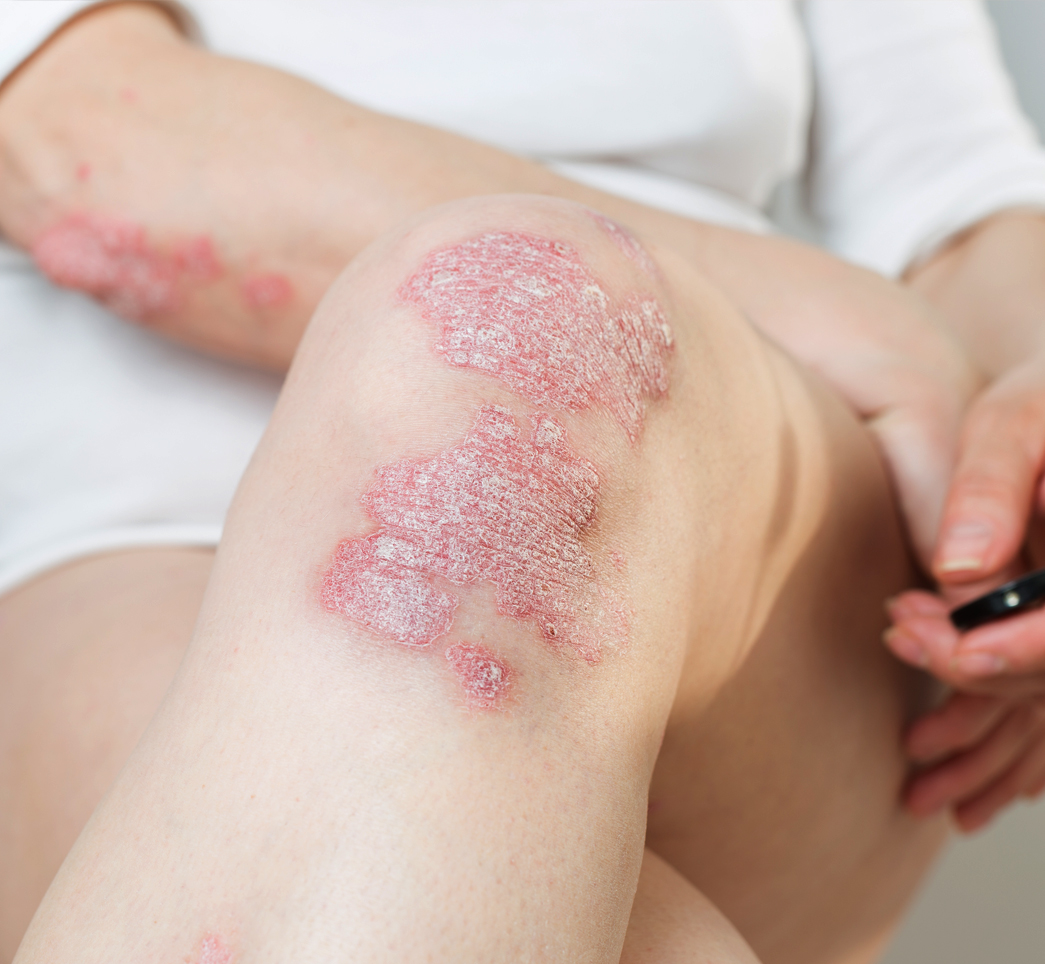The Blog
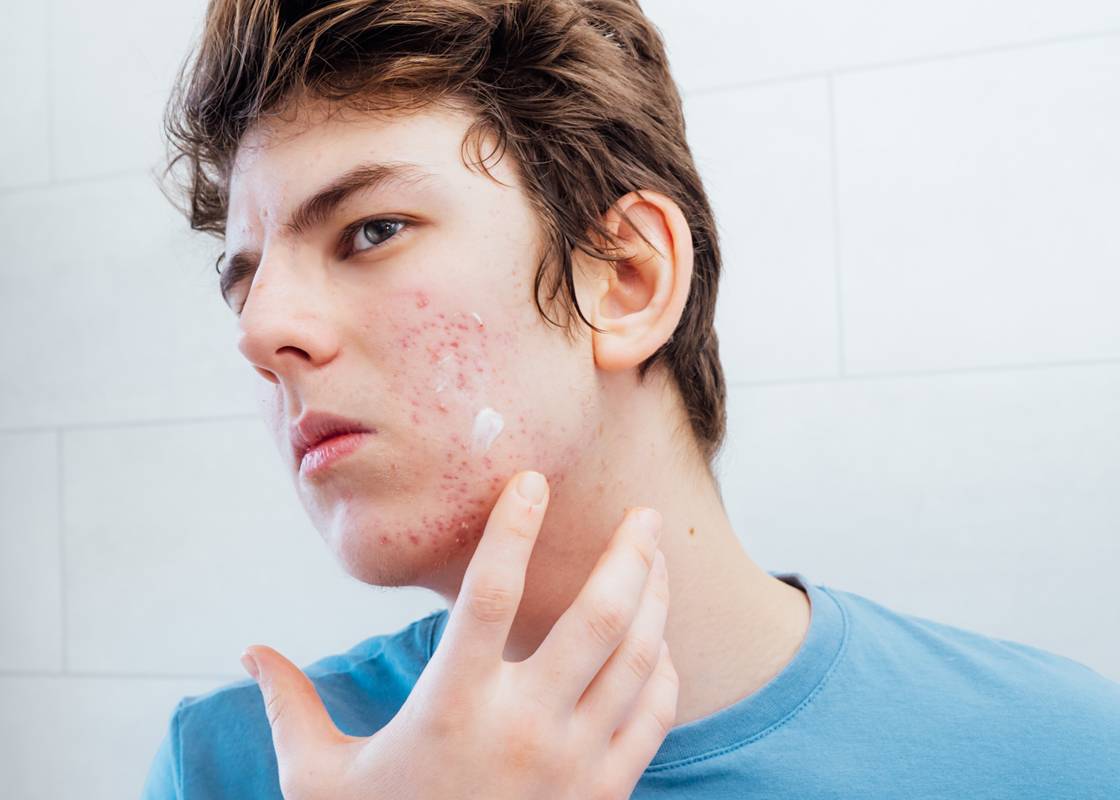
If you’ve ever stood in front of the mirror, feeling totally defeated by a breakout that showed up at the worst possible time—you’re not alone. Whether it’s a single angry pimple before a school photo or a full-on breakout right before a big event, acne can seriously mess with your confidence, your mood, and your entire day.
You might be wondering:
“Am I doing something wrong?”
“Why is this still happening—I’m not a kid anymore?”
“Is it because of what I ate… or that I forgot to wash my face… or just bad luck?”
Let’s be real: acne can feel confusing, embarrassing, and unfair. And thanks to TikTok tips, YouTube hacks, and random advice from just about everyone, it’s hard to know what actually works—and what’s just another myth. That’s why we’re here to clear the air. Below are real answers to the questions people ask most about acne—what causes it, what makes it worse, and what can actually help. Ready to bust some myths and take back control of your skin?
Let’s test your acne knowledge! Below are some of the most common questions people have—see which ones you can get right before reading the answer.
1. Who gets acne?
A. Only teenagers
B. Mostly men
C. Women mainly
D. Both teens and adults
Correct Answer: D. Acne affects people of all ages. While it's super common in teenagers, adult acne—especially in women—is also on the rise due to hormones, stress, and other factors.
2. What causes acne?
A. Dirty skin
B. Clogged pores from oil and dead skin
C. Eating chocolate
D. Not washing your face enough
Correct Answer: B. Acne forms when pores get blocked with sebum (oil), dead skin cells, and sometimes bacteria. It's not about being dirty—overwashing or scrubbing too much can actually make it worse.
3. Which food definitely causes acne?
A. Chocolate
B. Greasy fries
C. High-glycemic foods (like white bread)
D. None of the above
Correct Answer: C. There’s no proven link between chocolate or oily food and acne. However, high-glycemic diets—those loaded with sugar and refined carbs—can trigger breakouts in some people by affecting hormone levels and inflammation.
4. Can tanning help clear acne?
A. Yes, it dries out pimples
B. Yes, it hides redness
C. No, it can make acne worse
D. Only if you use sunscreen
Correct Answer: C. Tanning might temporarily mask redness, but UV exposure increases inflammation and pore blockages in the long run. It also raises your risk of sun damage. Stick to SPF!
5. What happens when you pop pimples?
A. They go away faster
B. You reduce scarring
C. It pushes bacteria deeper and increases scarring
D. It’s totally safe with clean hands
Correct Answer: C. Popping may feel satisfying, but it can make things worse by driving bacteria deeper into the skin, increasing the risk of infection, inflammation, and permanent scarring.
6. Should you stop wearing makeup if you have acne?
A. Yes, makeup causes acne
B. Only if it’s oil-based
C. Not necessarily—just use non-comedogenic products
D. Never wear it if you’re breaking out
Correct Answer: C. Many makeup products are acne-safe. Look for "non-comedogenic" and oil-free formulas, and always remove your makeup before bed to avoid clogged pores.
7. Does stress affect acne?
A. No, stress has nothing to do with skin
B. Yes, it affects hormones and triggers breakouts
C. Only if you don’t sleep
D. Just a myth Correct
Correct Answer: B. Stress can shift hormone levels and increase oil production, contributing to breakouts. Managing stress through sleep, exercise, and self-care is key for clearer skin.
8. Is toothpaste a good acne treatment?
A. Yes, it dries out pimples
B. Only if it has baking soda
C. No, it can irritate your skin
D. Depends on your skin type Correct
Correct Answer: C. Toothpaste is not made for skin. It can cause redness, peeling, or burning. Stick to dermatologist-recommended products instead.
9. Will acne just go away on its own?
A. Always
B. Sometimes, but not always
C. Only if you wash your face more
D. Only with natural remedies
Correct Answer: B. Some mild acne clears up on its own, but moderate to severe cases often need medical attention. Delaying treatment can lead to scarring, so it’s smart to start early with the right plan.
10. What’s the best time to apply acne treatments?
A. Right after waking up
B. After washing your face, before moisturizer
C. Anytime, it doesn’t matter
D. After makeup Correct
Correct Answer: B. Acne treatments should be applied to clean, dry skin—right after cleansing and before moisturizing—for best absorption and results.
11. Can lack of sleep affect your skin?
A. No, sleep has nothing to do with acne
B. Yes, poor sleep can trigger breakouts
C. Only if you sleep in makeup
D. Only teenagers are affected
Correct Answer: B. Poor sleep increases stress and inflammation in the body, both of which can aggravate acne. Quality rest supports your skin’s repair cycle.
12. How long does it usually take to see results from acne treatments?
A. 1–2 days
B. 1–2 weeks C. 4–6 weeks
D. Overnight if it’s a strong product
Correct Answer: C. Most acne treatments need consistent use for at least 4–6 weeks to show noticeable improvement. Quick fixes usually aren’t sustainable.
13. Which of the following can secretly clog your pores?
A. Hair products
B. Lip balm
C. Sunglasses
D. All of the above
Correct Answer: D. Hair products, oily balms, and even accessories like glasses can cause “mechanical acne” by trapping sweat, oil, and residue on the skin.
14. What’s a sign that your skincare routine might be too harsh?
A. Your skin feels tight or burns
B. You don’t see immediate results
C. You’re breaking out during week 1
D. You’re using fewer than 5 products
A. Burning, stinging, or tightness is a sign of irritation. Gentle, consistent routines work better than aggressive ones.
Final Takeaway
Acne isn’t your fault—and it’s not something you just have to “live with.” When treated properly, most people can achieve clearer, healthier skin. If you’re not sure what’s causing your breakouts or which treatments are right for you, consult a board-certified dermatologist for expert guidance.




